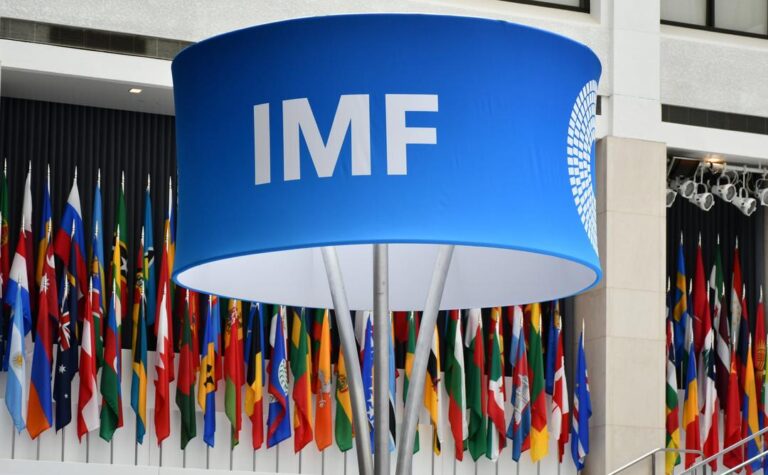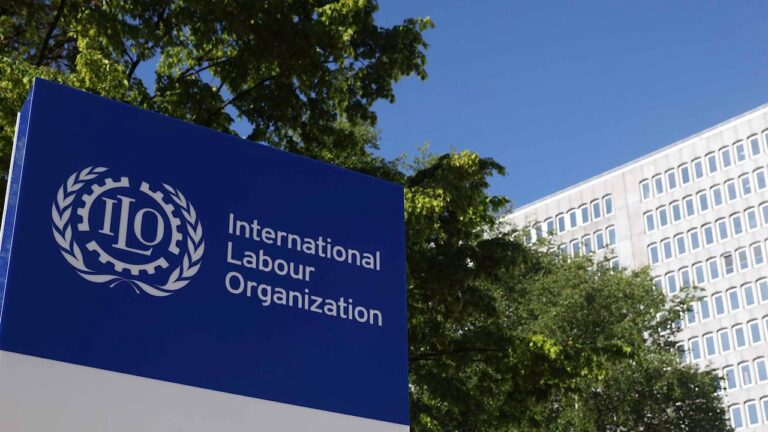Nigeria’s financial landscape has undergone significant transformations over the past decade, driven by strategic initiatives aimed at modernizing the payment system and enhancing financial inclusion. The Central Bank of Nigeria (CBN) has been at the forefront of these efforts, implementing the Payment System Vision 2020 (PSV 2020) and subsequently the Payment System Vision 2025 (PSV 2025).
Launched in 2007, PSV 2020 aimed to position Nigeria’s payment system as “nationally utilized and internationally recognized.” The initiative sought to modernize the financial infrastructure, promote electronic payments, and reduce the reliance on cash transactions. One of its major achievements was the implementation of the Nigeria Uniform Bank Account Number (NUBAN) in 2010, which standardized bank account numbers across all financial institutions, simplifying transactions and reducing errors. The introduction of the Treasury Single Account (TSA) in 2012 consolidated government revenues into a single account, enhancing transparency and efficient cash management. The CBN also promoted a cashless policy to encourage electronic payments and reduce cash handling, leading to increased adoption of digital payment platforms. These initiatives contributed to a more efficient payment system, increased financial inclusion, and set the foundation for further advancements in the financial sector.
Building on the successes of PSV 2020, the CBN unveiled PSV 2025, focusing on leveraging emerging technologies and addressing contemporary challenges. The new vision aims to enhance payment infrastructure, ensuring it meets current demands and supports innovations such as contactless solutions and Request for Payment (RfP) schemes. It also seeks to establish a regulatory framework for Open Banking, forming a working group to define regulatory environments and structures, facilitating the development of an Open Banking roadmap tailored to the Nigerian market. Financial inclusion remains a key priority, with a focus on supporting agent banking and deploying solutions to provide unbanked populations with access to financial services, thereby enhancing financial literacy. PSV 2025 also explores blockchain technology, smart contracts, and Central Bank Digital Currencies (CBDCs), including the potential regulation and implementation of stablecoins and Initial Coin Offerings (ICOs). Additionally, the plan emphasizes the utilization of big data and artificial intelligence within the payment ecosystem to improve decision-making, risk management, and customer satisfaction.

In line with the objectives of PSV 2025, Nigeria has introduced several initiatives to modernize its payment system. One of the most notable is the launch of the eNaira in October 2021, making Nigeria the first African country to introduce a central bank digital currency (CBDC). The eNaira was designed to complement existing payment systems, enhance financial inclusion, and facilitate easier transactions. However, its adoption has been slow, with less than 0.5% of Nigerians using the eNaira within a year of its launch, attributed to factors such as technological infrastructure challenges and low trust in government initiatives. Another significant development was the introduction of AfriGo in January 2023, a domestic card scheme launched by the CBN in collaboration with the Nigeria Inter-Bank Settlement System (NIBSS). AfriGo provides a cost-effective alternative to international card schemes, reduces operational costs, alleviates pressure on foreign exchange reserves by settling transactions in naira, and ensures data sovereignty by keeping transaction data within Nigeria.
While PSV 2025 outlines a comprehensive roadmap for advancing Nigeria’s payment system, several challenges need to be addressed. Technological infrastructure remains a major hurdle, as reliable internet connectivity and electricity are crucial for the widespread adoption of digital payment solutions. Financial literacy is also a concern, as educating the population on the benefits and usage of digital payment platforms is essential to drive adoption and trust. Cybersecurity is another pressing issue, as the rise in digital transactions makes robust security measures vital to protect against fraud and data breaches. Additionally, regulatory adaptation must keep pace with technological advancements while fostering innovation.
Nigeria’s Payment System Vision initiatives have laid a solid foundation for modernizing the financial ecosystem. PSV 2025’s focus on leveraging emerging technologies, enhancing financial inclusion, and building robust infrastructures positions Nigeria to overcome existing challenges and harness the full potential of a digital economy.

At the heart of these efforts is the everyday Nigerian—the small business owner trying to expand beyond cash transactions, the student making their first online payment, the market trader embracing mobile banking for the first time. The success of PSV 2025 will not be measured by policies alone but by how seamlessly Nigerians can ultimately trust and then adopt these systems in their daily lives. If the vision is realized, the future of payments in Nigeria won’t just be about efficiency; it will be about empowerment, accessibility, and a financial ecosystem that truly and sincerely works for everyone.












